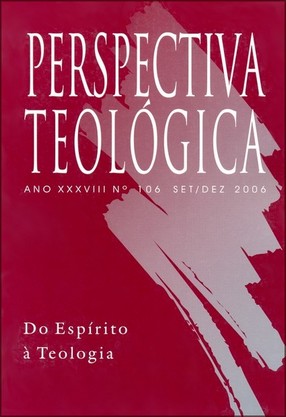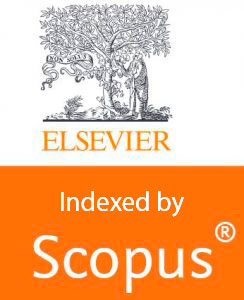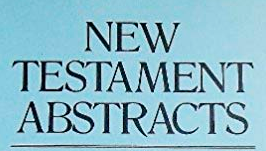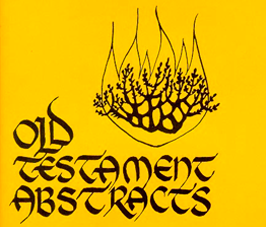MINISTÉRIOS E SERVIÇOS LITÚRGICOS NUMA IGREJA TODA MINISTERIAL A MINISTERIALIDADE EM DOCUMENTOS DO MAGISTÉRIO PÓS-CONCILIAR (I)
DOI:
https://doi.org/10.20911/21768757v38n106p349/2006Palavras-chave:
Liturgia, Sacramentos, Ministérios Ordenados, Ministérios não-Ordenados, Documentos da IgrejaResumo
A multiplicidade e variedade dos serviços ministeriais que se fazem presentes na celebração litúrgica do povo de Deus é elemento chave na compreensão da comunidade cristã, pois os ministérios, em definitivo, exprimem e definem a própria realidade da Igreja. A inteira assembléia é ministerial porque a Igreja mesma é toda ministerial. E esta ministerialidade se expressa na liturgia através da diversidade de funções e ofícios que cada um é chamado a desempenhar. Ao contrário do que quase sempre sucede no mundo, porém, a hierarquia de funções na Igreja não denota prestígio e nem pode conduzir à acepção de pessoas. Ancorada na mais pura linha evangélica, deve ela indicar compromisso cristão e serviço fraterno em total doação a Deus e aos irmãos. Para uma reflexão sobre esta importante realidade eclesial, que a partir sobretudo do Concílio Vaticano II a Igreja tem aprofundado e se esforçado em viver, empreenderemos a seguir, ancorados em alguns textos litúrgicos, um estudo a respeito dos ministérios presentes no momento celebrativo da comunidade cristã. Publicamos aqui a primeira parte do artigo.
ABSTRACT: The multiplicity and variety of ministerial services which are present in a liturgical celebration of the People of God is a key element in the understanding of the Christian community, since ministries, of themselves, express and define the very reality of the Church. The entire assembly is ministerial because the Church itself is all ministerial. And this ministeriality expresses itself in the liturgy through the diversity of functions and offices which each one is called on to fulfill. Contrary to what almost always happens in the world, however, the hierarchy of functions in the Church does not denote prestige, nor can it lead to the classification of persons. Anchored in the purest evangelical tradition, it should indicate Christian commitment and fraternal service in total self-giving to God and to others. For a reflection on this important ecclesial reality, which, especially from the Second Vatican Council, the Church has struggled to live out, we undertake a study – anchored in some liturgical texts – of the ministries present in the celebrative moment of the Christian community. We publish here the first part of the article.Â
Downloads
Downloads
Publicado
Como Citar
Edição
Seção
Licença
Após a aprovação do texto submetido, os autores deverão encaminhar uma carta de direitos autorais assinada, cujo modelo se encontra na guia "Declarações" no topo do site da revista.







































